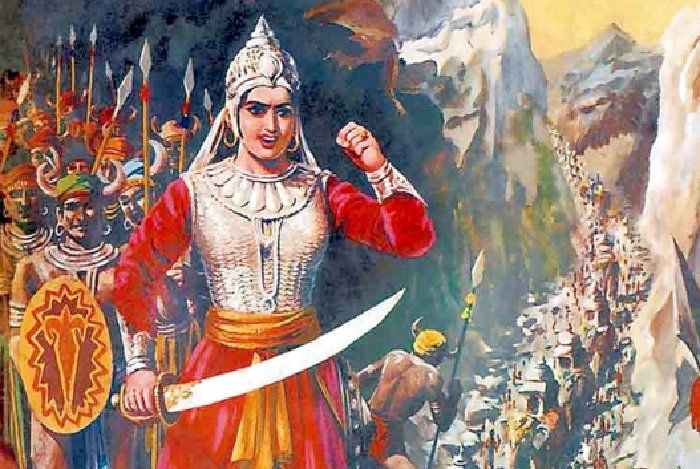1/ new essay: What's next for marketplace startups? Reinventing the $10 trillion service economy, that's what. Co-authored with @ljin18 https://t.co/fgKbrHTnH5. A short thread 👇
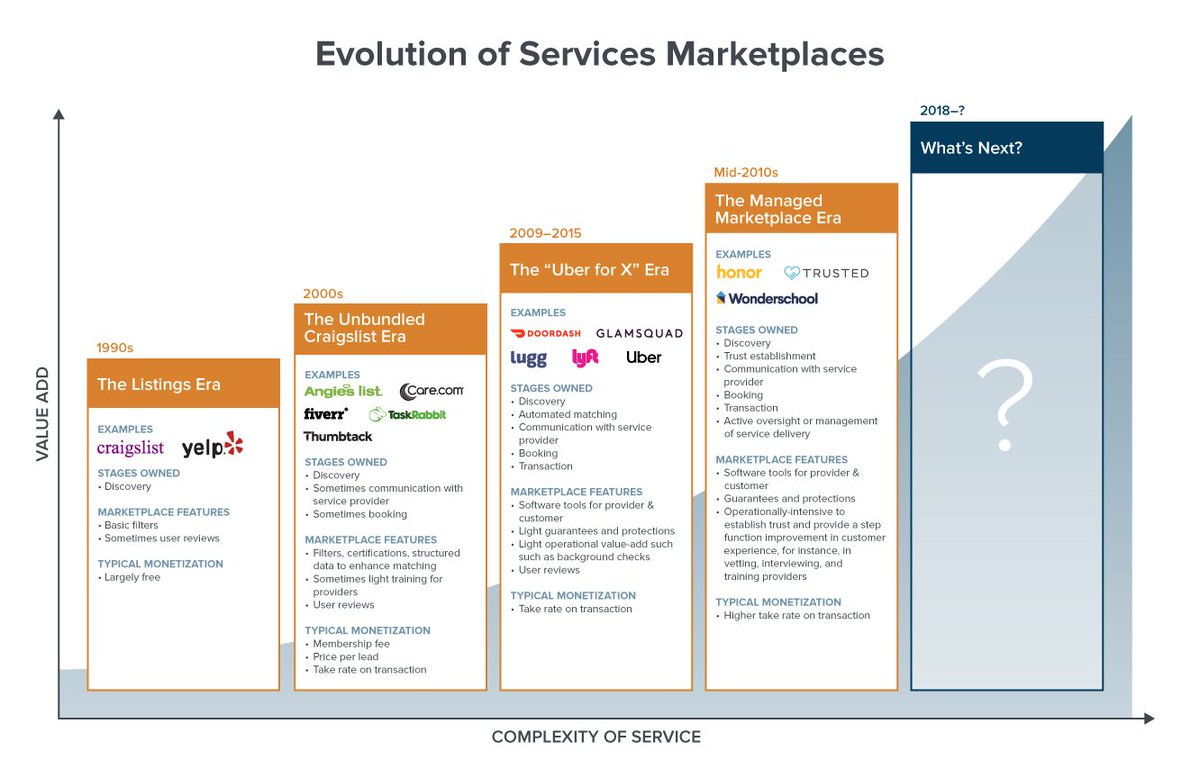
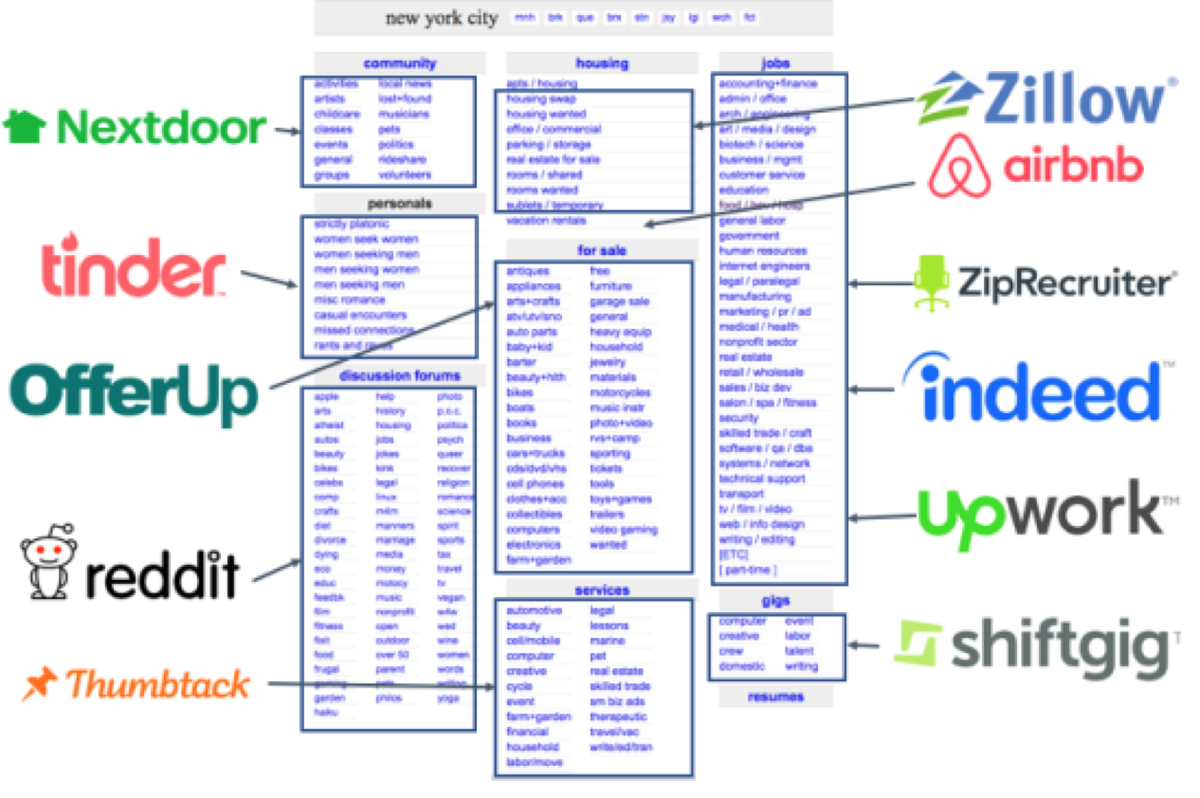
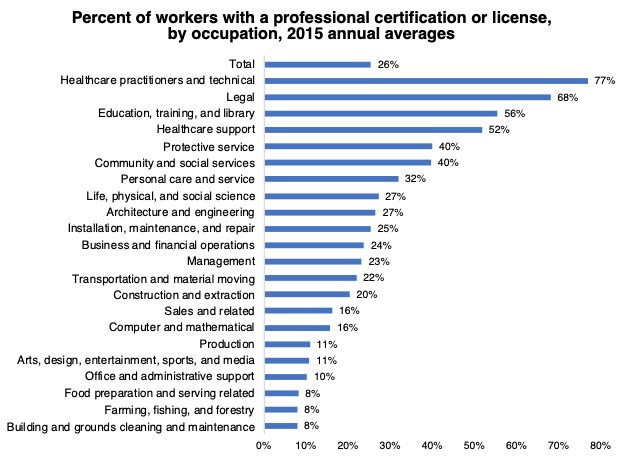
More from Startups
.@zapier built a $140M ARR business on $1.4M in VC that has become the logic layer of the no-code industry.
But it has the potential to be something even bigger: the Netflix of productivity.
Our report and a thread 👉
We believe @seqouia and @steadfast got a good deal buying into Zapier at $5B.
We value Zapier at $7B based on:
- 30-50% YoY growth over the next five years
- Zapier’s monopoly status in the solopreneur/SMB market
- 30-40% YoY growth of no-code TAM
No-code is huge and growing, but as @edavidpeterson has written, no-code is about more than tools: it’s about a philosophy that emphasizes interoperability and customizing your software to your needs.
https://t.co/UJY6BRtXwl
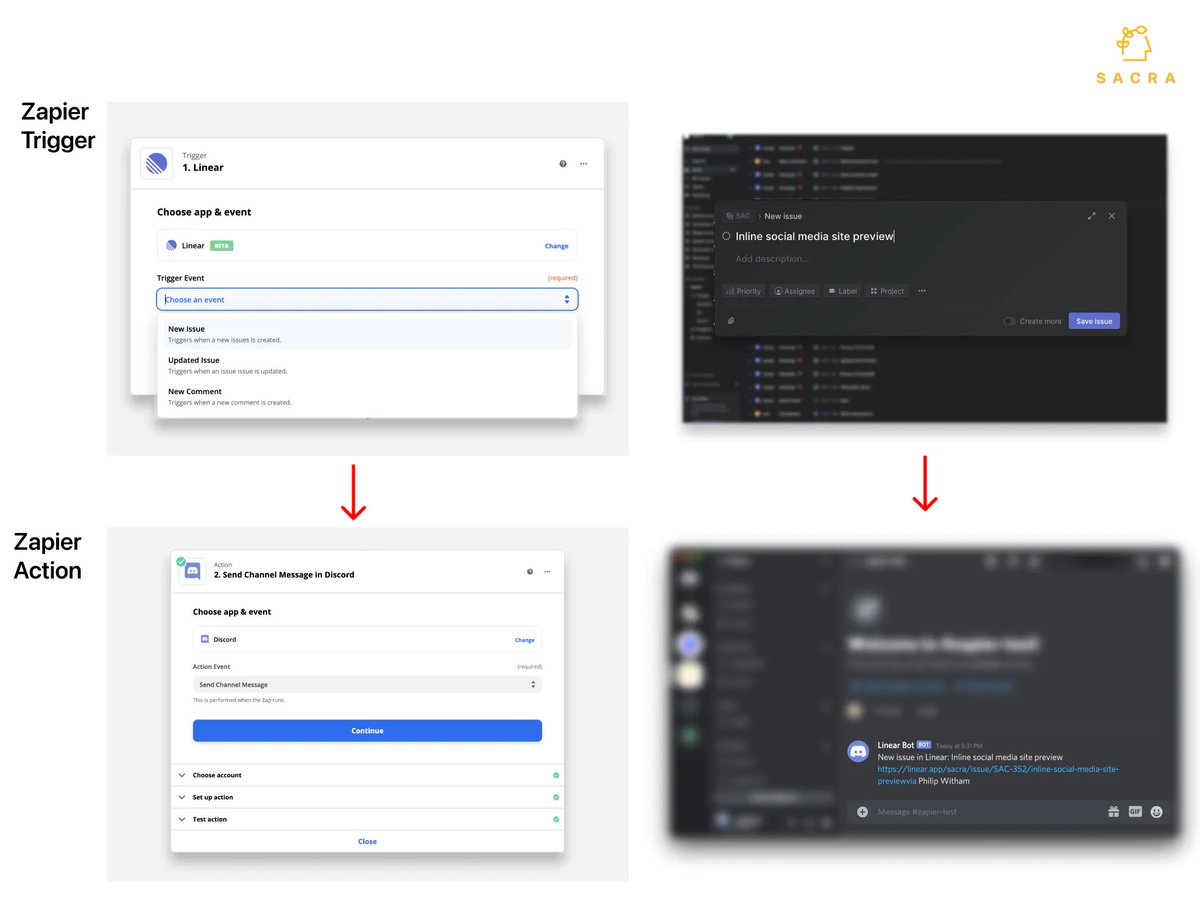
.@zapier enabled interoperability by building a solution to one of the intractable problems in SaaS: APIs that don’t talk to each other.
The product took off and hit $100M ARR in just 9 years, comparable to companies that have raised 100x as much money.
https://t.co/0Thk42eRpJ

Zapier was riding an explosion in APIs that started the same year they were founded—2011.
Suddenly, every SaaS business wanted to offer its users extensibility, but not spend time figuring out what integrations to build or building them.
That’s where Zapier came in handy.
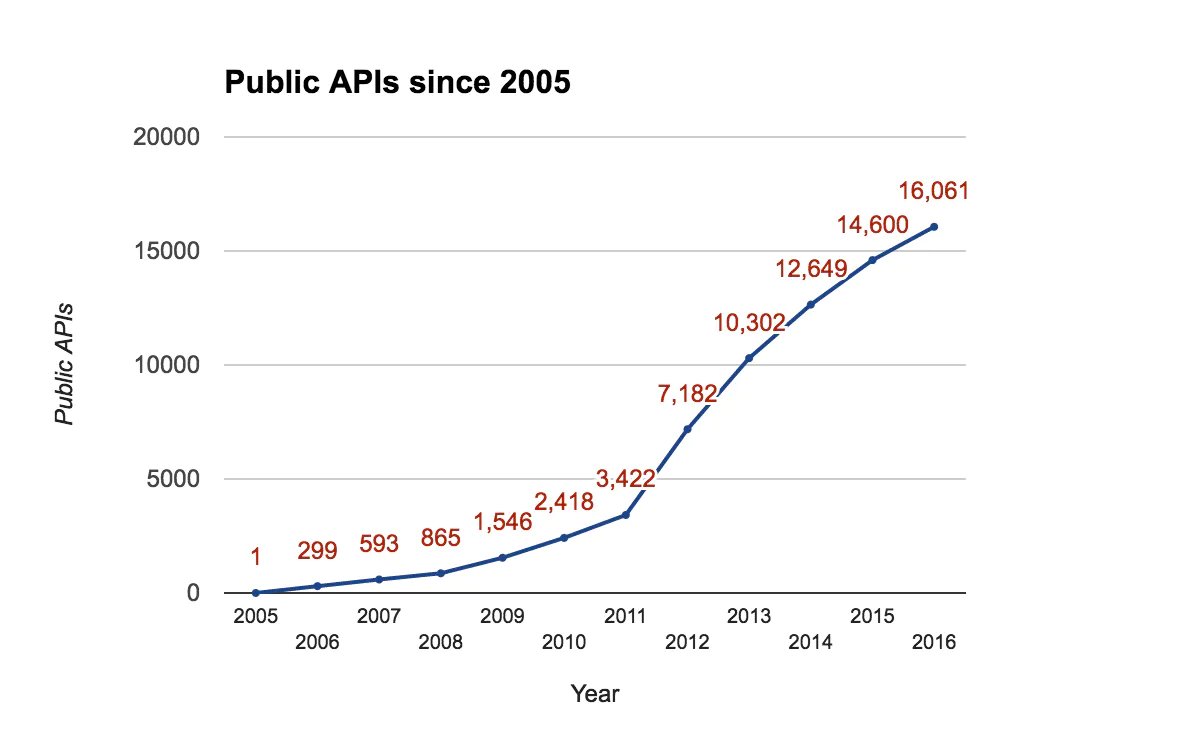
But it has the potential to be something even bigger: the Netflix of productivity.
Our report and a thread 👉
We believe @seqouia and @steadfast got a good deal buying into Zapier at $5B.
We value Zapier at $7B based on:
- 30-50% YoY growth over the next five years
- Zapier’s monopoly status in the solopreneur/SMB market
- 30-40% YoY growth of no-code TAM
No-code is huge and growing, but as @edavidpeterson has written, no-code is about more than tools: it’s about a philosophy that emphasizes interoperability and customizing your software to your needs.
https://t.co/UJY6BRtXwl

Trying this on for size\u2026
— David Peterson (@edavidpeterson) January 14, 2021
\u201cNo code\u201d isn\u2019t a coherent category. It\u2019s a design philosophy.
But tools built with this philosophy in mind will be the biggest winners of the next decade.
Let me explain what I mean by way of analogy.
.@zapier enabled interoperability by building a solution to one of the intractable problems in SaaS: APIs that don’t talk to each other.
The product took off and hit $100M ARR in just 9 years, comparable to companies that have raised 100x as much money.
https://t.co/0Thk42eRpJ

Ever notice that Zapier is doing $100m+ and has no direct competition? Found their niche and crushed it \U0001f44c
— Tyler Tringas (@tylertringas) November 7, 2019
Zapier was riding an explosion in APIs that started the same year they were founded—2011.
Suddenly, every SaaS business wanted to offer its users extensibility, but not spend time figuring out what integrations to build or building them.
That’s where Zapier came in handy.

You May Also Like
Speech Delay is most common in children nowadays
In ancient times, our grandparents used to follow typical natural way of caring the needs of a child. All they used were more of natural products than chemical based for the growth of child.

One of major step followed was to feed Gurbach Jadd/ Vasa Kommu/ Acorus Calamus for initiating good speech ability in a child. This stem was needed to babies on Tuesdays and Sundays in mother's milk.
Vasa is feed to baby after the 1st bath on 12th day in week. Weekly only thrice it is fed and named as :
Budhwar - Budhi Vasa
Mangalwar - Vaak Vasa
Ravi Vaar - Aayush Vasa
This stem is burnt and rubbed against the grinding stone in mother's milk or warm water to get a paste

The procedure to make it is in the link
https://t.co/uo4sGp7mUm
It should not be given daily to the child. Other main benefits are
1. It clears the phlegm in child's throat caused due to continuous milk intake. It clears the tracts and breathing is effortless.
2. Digestion
For children who haven't got their speech and is delayed than usual should feed this vasa on these days in week atleast for 6months. Don't get carried away with this dialogue
"Some gain speech little late"
In ancient times, our grandparents used to follow typical natural way of caring the needs of a child. All they used were more of natural products than chemical based for the growth of child.

One of major step followed was to feed Gurbach Jadd/ Vasa Kommu/ Acorus Calamus for initiating good speech ability in a child. This stem was needed to babies on Tuesdays and Sundays in mother's milk.
Vasa is feed to baby after the 1st bath on 12th day in week. Weekly only thrice it is fed and named as :
Budhwar - Budhi Vasa
Mangalwar - Vaak Vasa
Ravi Vaar - Aayush Vasa
This stem is burnt and rubbed against the grinding stone in mother's milk or warm water to get a paste

The procedure to make it is in the link
https://t.co/uo4sGp7mUm
It should not be given daily to the child. Other main benefits are
1. It clears the phlegm in child's throat caused due to continuous milk intake. It clears the tracts and breathing is effortless.
2. Digestion
For children who haven't got their speech and is delayed than usual should feed this vasa on these days in week atleast for 6months. Don't get carried away with this dialogue
"Some gain speech little late"






















